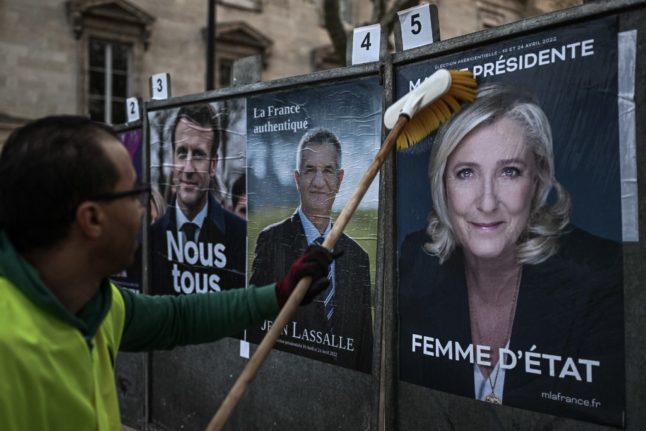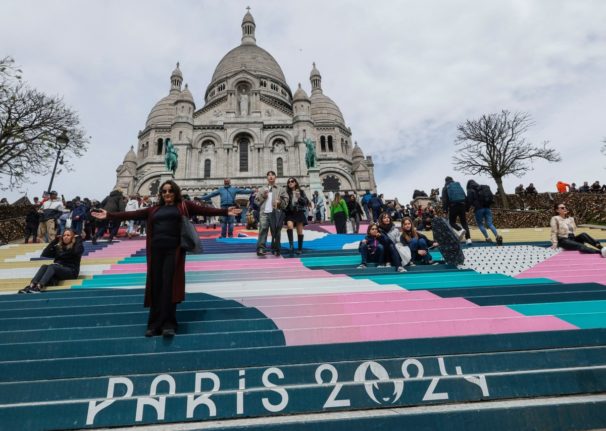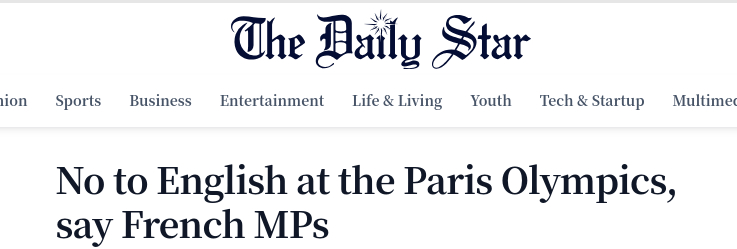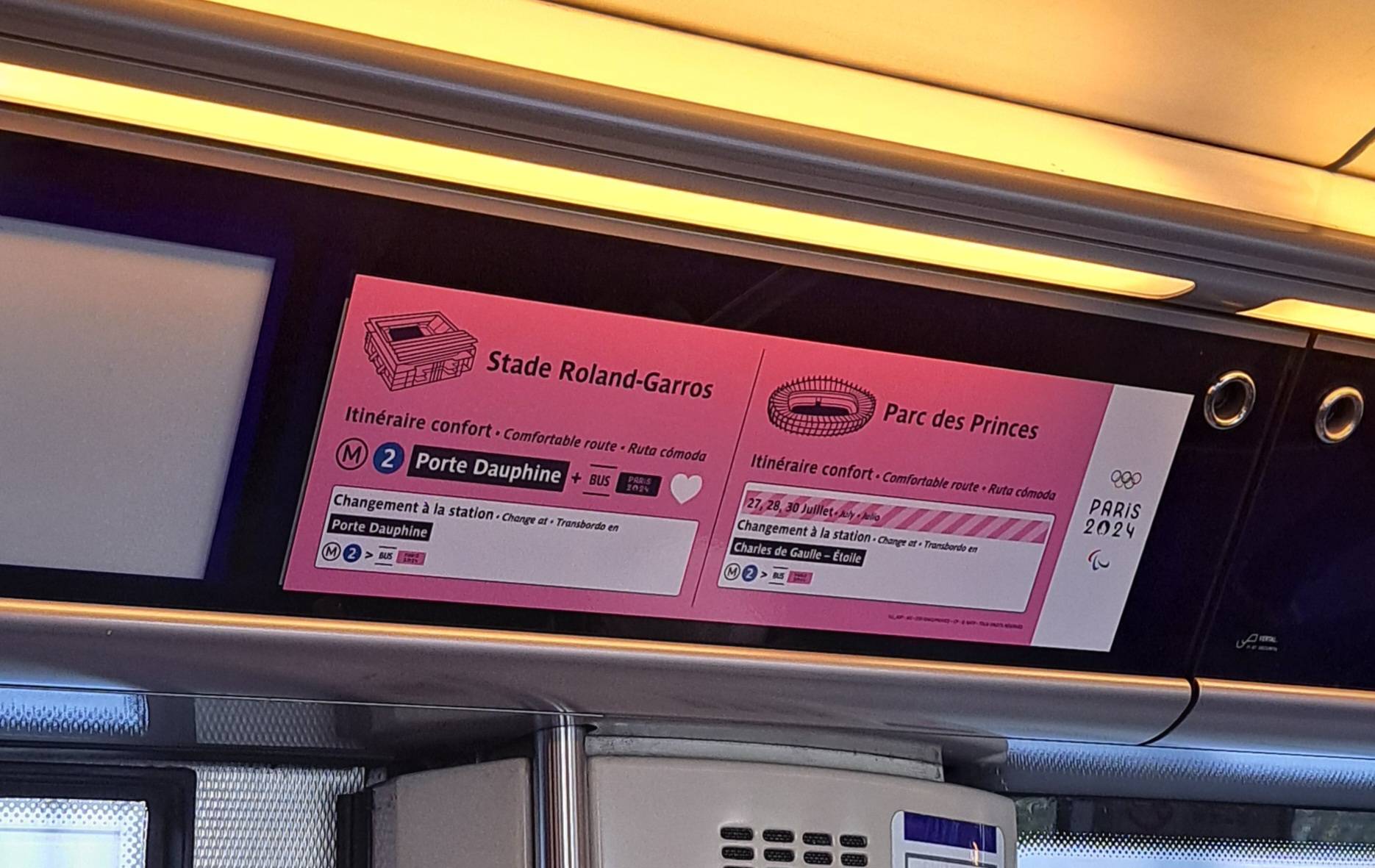Spending on the election trail is tightly regulated in France, with maximum campaign spends per candidate as well as a list of acceptable expenses that can be reimbursed.
In France the State pays at least some of the election campaign costs, with the budget calculated according to how many votes the candidate ends up getting.
READ MORE: 5 things to know about French election campaign financing
On Friday, the government body (la Commission nationale des comptes de campagne et des financements politiques – or CNCCFP) released its findings for the 12 candidates who ran in the April 2022 presidential campaign.
All of the candidates had their accounts approved, but 11 out of the 12 were refused reimbursement on certain items. Here are some of the items that did not get CNCCFP approval;
Rugby tickets
Jean Lassalle – the wildcard ‘pro farmer’ candidate who received about three percent of votes cast in the first round of the 2022 election – bought “19 tickets to attend a rugby match” according to the CNCCFP’s findings. The organisation said it would not be reimbursing the tickets and questioned “the electoral nature of the event”.
The total cost of the tickets was €465 (or €24.50 each).
Too many coffees
Socialist candidate, and current mayor of Paris, Anne Hidalgo reportedly spent at least €1,600 on coffee for her team during the campaign.
According to the CNCCFP, however, the caffeine needed to keep a presidential campaign running did not qualify under the country’s strict campaign financing rules.
Too many stickers
Hard-left candidate Jean-Luc Mélenchon’s was told that the 1.2 million stickers that were bought – to the tune of €28,875 – to advertise the campaign would not be reimbursed. Mélenchon justified the purchasing of the stickers – saying that in the vast majority of cases they were used to build up visibility for campaign events, but CNCCFP ruled that “such a large number” was not justified.
Mélenchon was not the only one to get in trouble for his signage. Extreme-right candidate Éric Zemmour was accused of having put up over 10,000 posters outside official places reserved for signage. The same went for the far-right’s Marine Le Pen, who decided to appeal the CNCCFP’s decision not to reimburse €300,000 spent on putting posters of her face with the phrase “M la France” on 12 campaign buses.
Poster pictures
Emmanuel Macron – who won re-election in 2022 – will not be reimbursed for the €30,000 spent on a professional photographer Soazig de la Moissonière, who works as his official photographer and took the picture for his campaign poster.
The CNCCFP said that Macron’s team had “not sufficiently justified” the expenditure.
Expensive Airbnbs
Green party member Yannick Jadot reportedly spent €6,048 on Airbnbs in the city of Paris for some of his campaign employees – an expense that the CNCCFP said that public funds would not cover.
Translating posters
The campaign finance body also refused to reimburse the Mélenchon campaign’s decision to translate its programme into several foreign languages at a cost of €5,398.
The CNCCFP said that they did not consider the translations to be “an expense specifically intended to obtain votes” in a French election.
Best and worst in class
The extreme-right pundit Zemmour had the largest amount of money not reimbursed. Zemmour created a campaign video that used film clips and historic news footage without permission and also appeared on CNews without declaring his candidacy – because of these two offences, CNCCFP has reduced his reimbursement by €200,000. He has been hit with a separate bill of €70,000 after he was found guilty of copyright infringement over the campaign video.
The star pupil was Nathalie Arthaud, high-school teacher and candidate for the far-left Lutte Ouvriere party, who apparently had “completely clean accounts”. A CNCCFP spokesperson told Le Parisien that if all candidate accounts were like Arthauds’, then “we would be unemployed”.





 Please whitelist us to continue reading.
Please whitelist us to continue reading.
Member comments